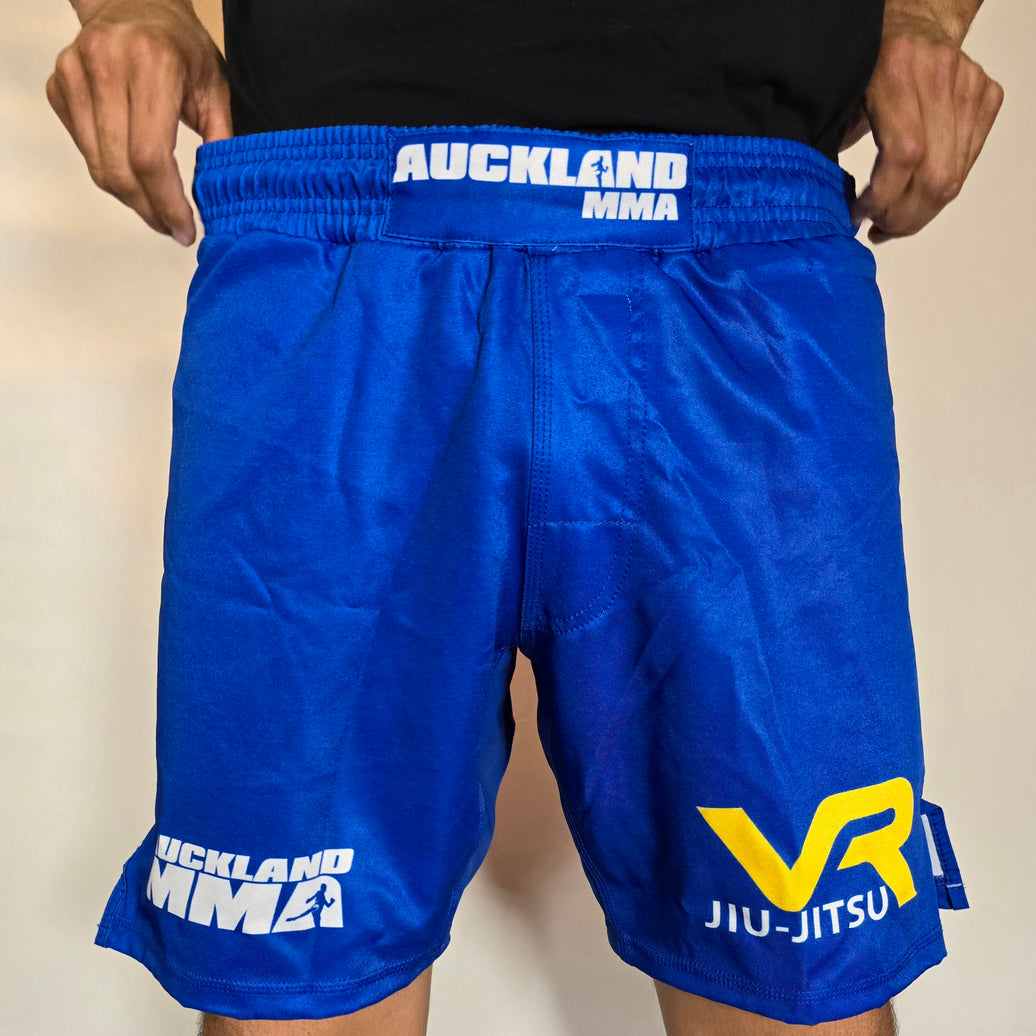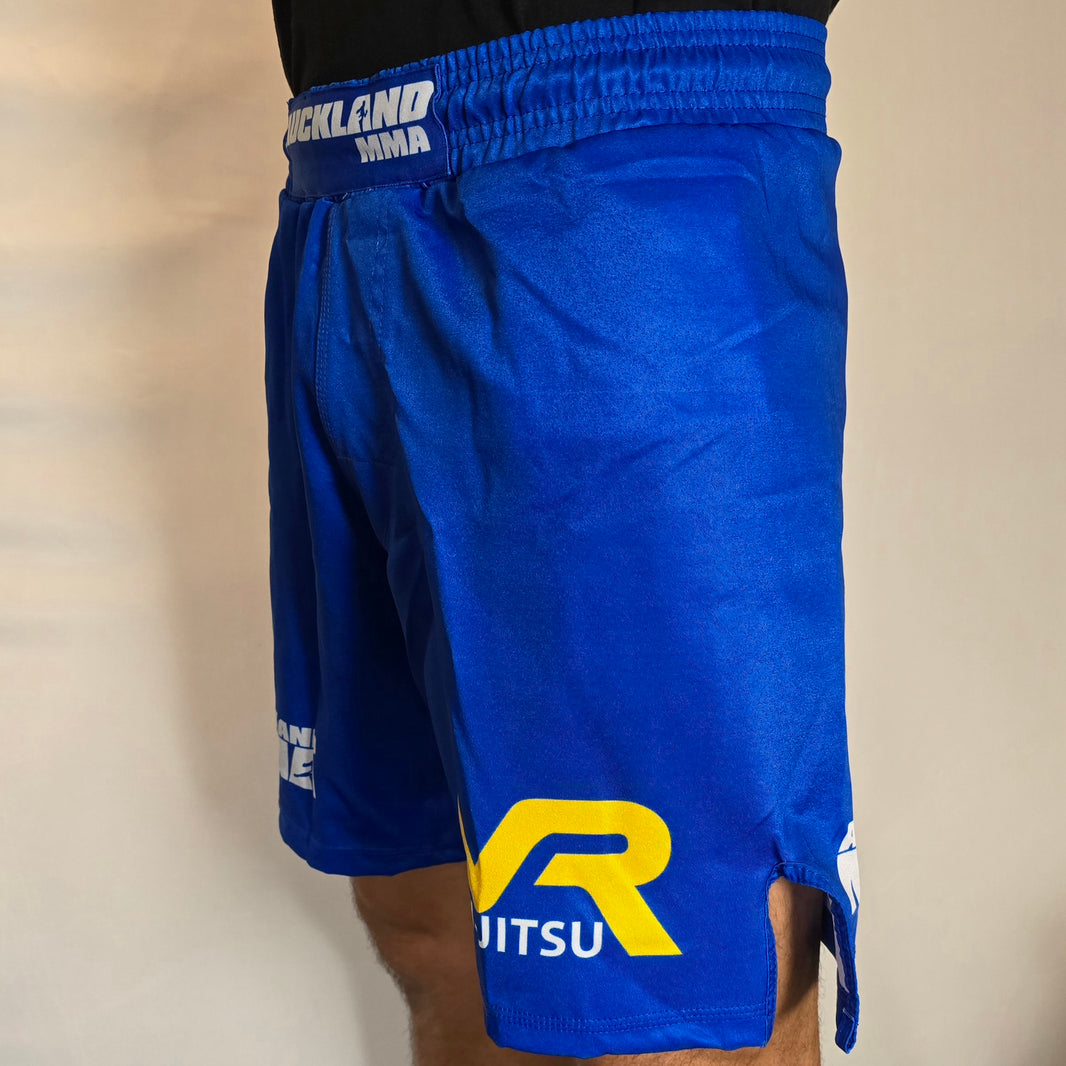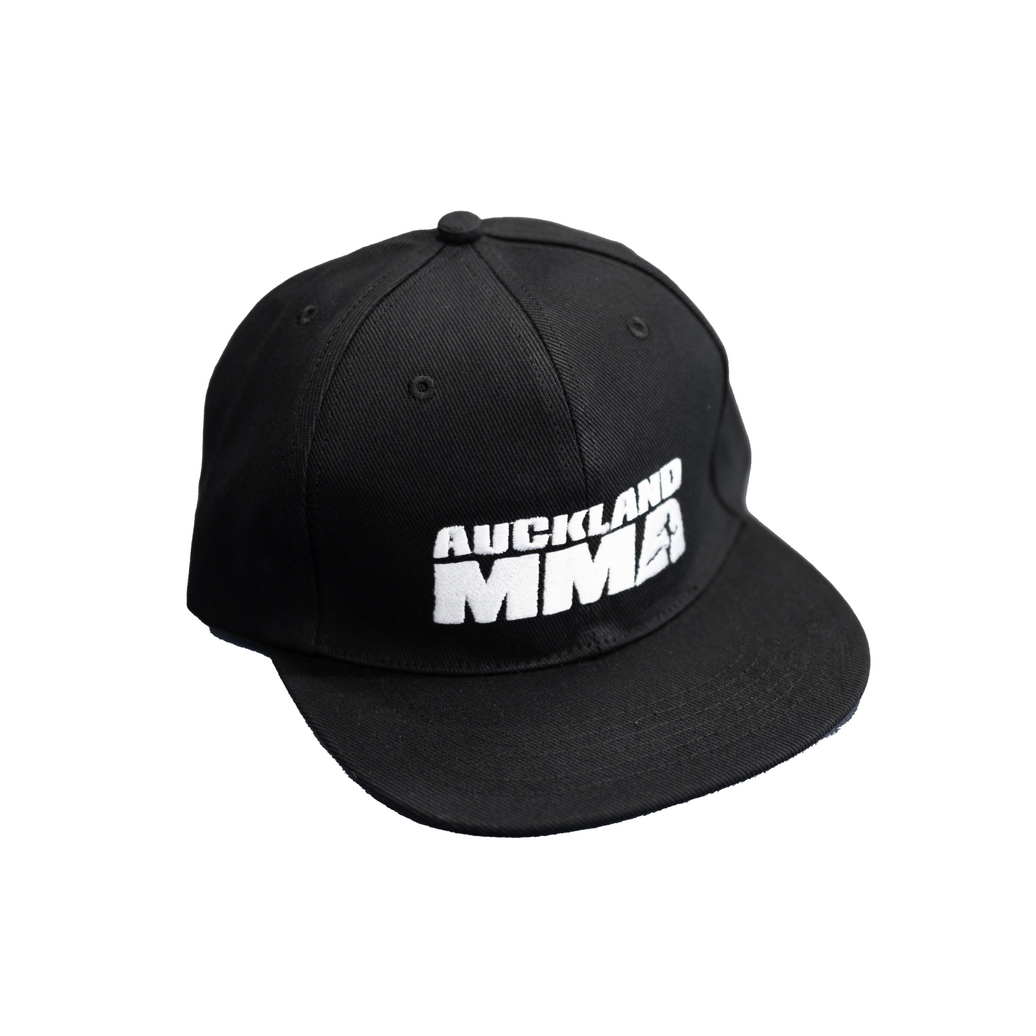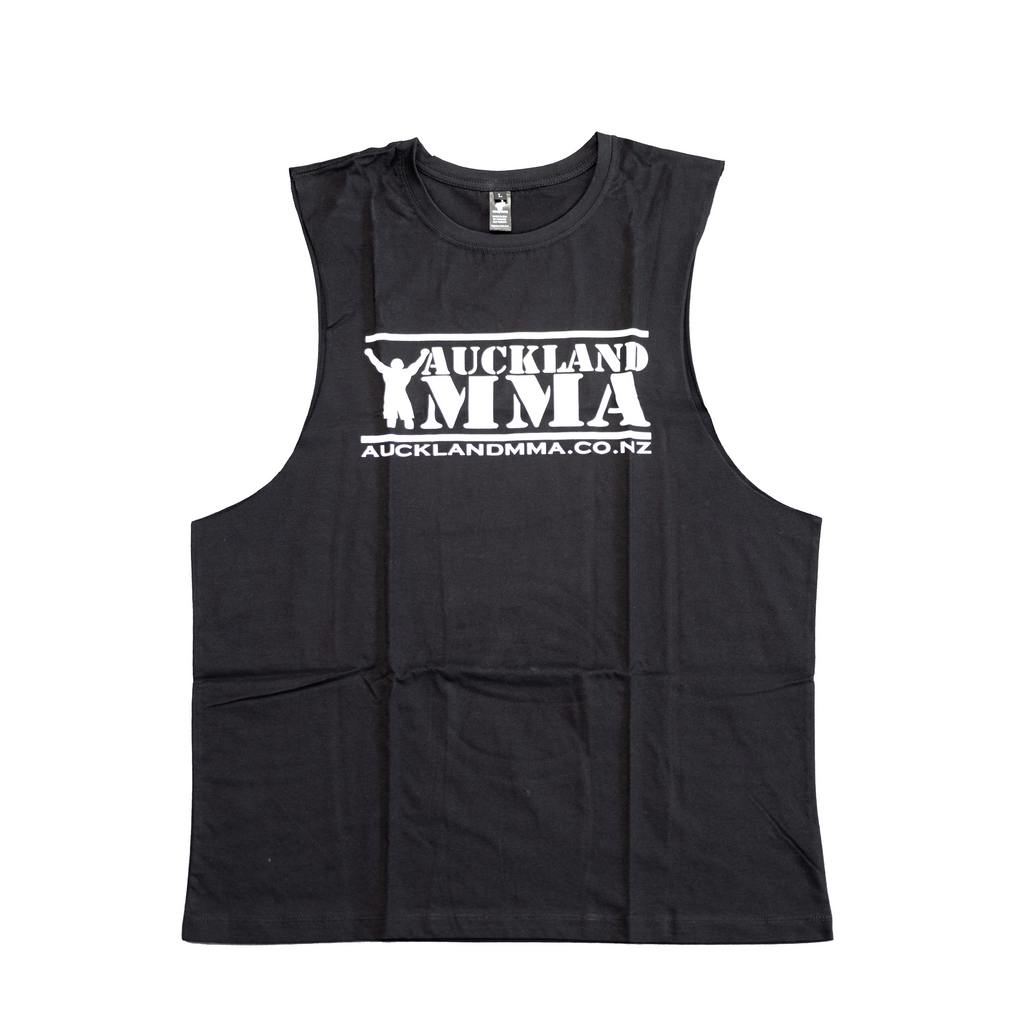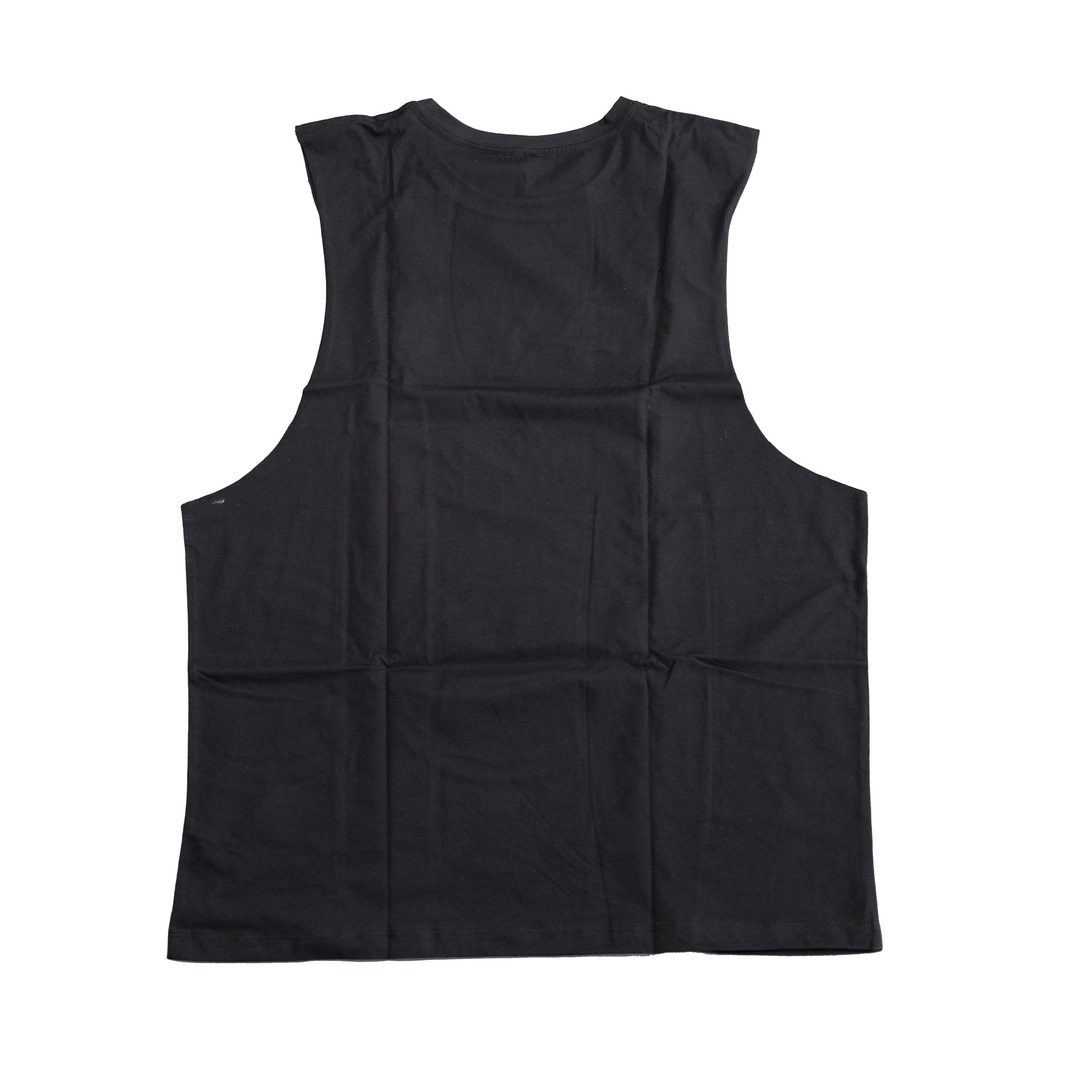Mixed martial arts (MMA) is a physically demanding sport that requires a high level of physical fitness, strength, and endurance. To perform at your best, it's essential to have a solid understanding of nutrition and how to fuel your body for training and competition. In this article, we'll take a closer look at the science of MMA nutrition and provide some tips and guidelines on how to optimize your diet for maximum performance.
Macronutrients: Macronutrients are the main building blocks of your diet and include carbohydrates, proteins, and fats. Each macronutrient plays a unique role in fueling your body and supporting your training and performance.
Carbohydrates: Carbohydrates are the primary source of energy for your muscles and should make up the majority of your caloric intake. Aim to consume at least 55-60% of your daily calories from carbohydrates, with a focus on complex carbohydrates such as whole grains, fruits, and vegetables.
Proteins: Proteins are essential for muscle repair and growth, and should make up 10-15% of your daily caloric intake. Choose high-quality protein sources such as lean meats, poultry, fish, eggs, and dairy products.
Fats: Fats are a critical component of a balanced diet and should make up 25-30% of your daily caloric intake. Choose healthy fats such as monounsaturated and polyunsaturated fats found in foods like avocados, nuts, and fatty fish.
Hydration: Staying properly hydrated is crucial for MMA training and performance. Aim to drink at least 8-10 glasses of water per day, and more if you are training or competing in hot and humid conditions. Avoid diuretics such as caffeine and alcohol, which can dehydrate your body.
Pre-Workout Nutrition: Proper pre-workout nutrition is essential for maximizing your performance and supporting your recovery. Aim to consume a balanced meal of carbohydrates, proteins, and fats 2-3 hours before training. You can also consider a pre-workout snack such as a banana, energy bar, or sports drink to provide you with an extra energy boost.
Post-Workout Nutrition: Post-workout nutrition is just as important as pre-workout nutrition for supporting your recovery and building muscle. Aim to consume a balanced meal of carbohydrates, proteins, and fats within 30 minutes to 1 hour after training. This will help replenish your energy stores and support muscle recovery and growth.
Supplements: While a balanced diet is essential for optimal nutrition, supplements can also play a role in supporting your MMA training and performance. Popular supplements for MMA fighters include protein powders, creatine, beta-alanine, and branched-chain amino acids (BCAAs). It's important to consult with a doctor or registered dietitian before starting any supplement regimen.
Pre-Competition Nutrition: Proper nutrition is especially important leading up to a competition. Aim to maintain a balanced diet and hydrate properly in the days leading up to the competition. Avoid drastic changes to your diet or trying new foods right before a competition. You may also consider reducing your caloric intake slightly in the days leading up to the competition to help you make weight.
In conclusion, nutrition plays a critical role in supporting your MMA training and performance. By understanding the importance of macronutrients, hydration, pre- and post-workout nutrition, supplements, and pre-competition nutrition, you can take steps to optimize your diet and fuel your body for success. However, it's important to keep in mind that everyone's nutritional needs are unique, and it's always best to consult with a doctor or qualified nutritionist
The science of MMA nutrition: how to fuel your body for training and competition
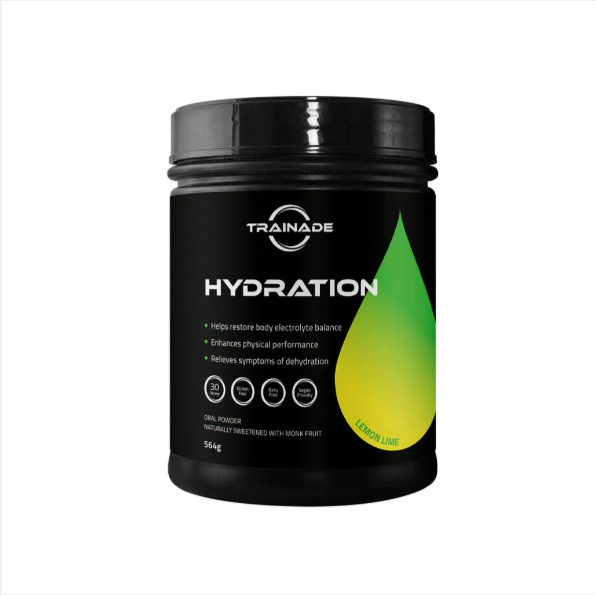
Previous Article
How to choose the right MMA Gym for you?
Next Article


